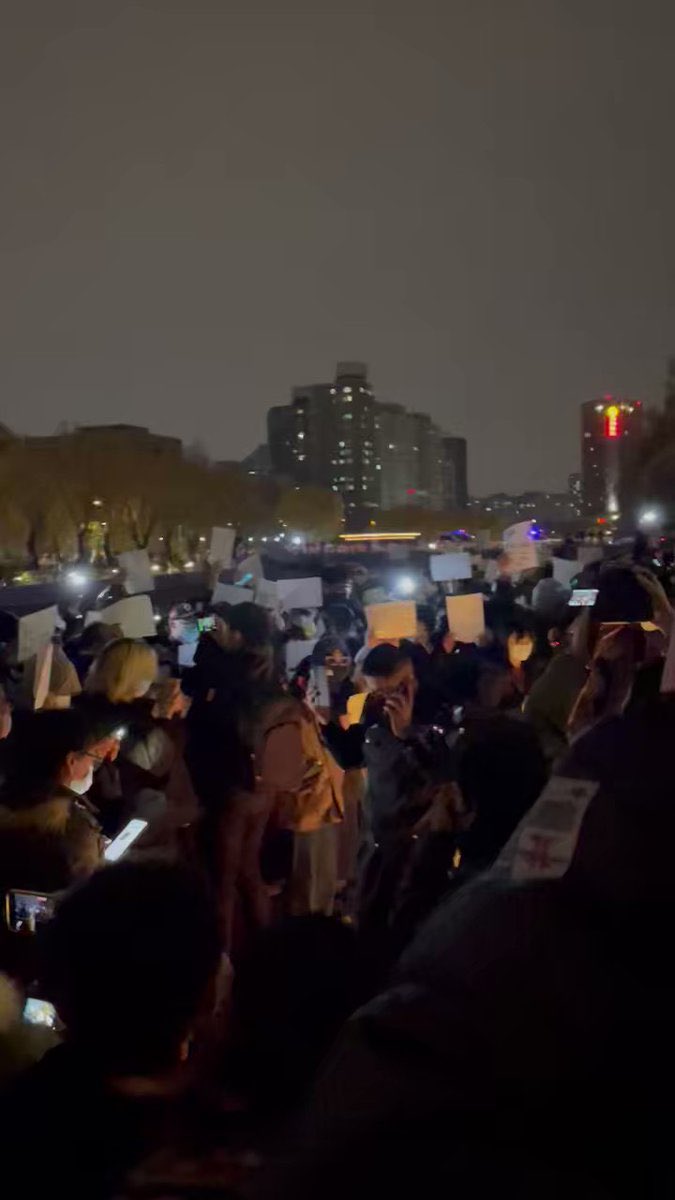The sweeping pro-Russia disinfo on the Chinese internet isn’t created in a day. Want to recap a tiny bit of what happened in the past decade. As the idiom 草蛇灰线 goes, there’re always traces. All the developments below are intertwined with each other. 1/
First, social media’s evolution & commercialization of nationalism: Weibo moved from a social-issue-driven space to an idol-driven site. As the crackdown on celebrities grew, a younger, fandom-driven nationalism become the safest way to do media business and avoid troubles 2/
Every platform adjusted: WeChat public account boom created a lucrative industry for ppl who want to capitalize on nationalism. Douban’s little pinky groups proliferated. 鹅组 became a hub for reporting and doxxing ppl. Sensitive titles are banned from rating there, too. 3/
The changes are mandated and enabled by an evolved, multi-layered censorship machine, which combines blocking, de-prioritizing, reporting, warning, and outright jailing. Various parties from regional govs to Wangxinban—exercise this at their own discretion. 4/
Cuz censorship is selective, pro-Russia (and pro-gov narrative) views are a lot easier to survive, get traffic, make money, and have policy impacts. This goes back to fuel the censorship machine, as people are encouraged to report each other. 5/
That leaves self-censorship a default state when you say things. 6/
HK protests marked a huge shift. From 2014 to 2019, HK politics went from being deprioritized to strictly banned. Then as “港独” label was invented & amplified as a cardinal sin, advocacy for democracy became a topic that one can vehemently and lucratively denounce. 7/
Trump and the western right wing’s racist discourse only validate and helped the growth of Chinese nationalism. 8/
Meanwhile, good-faith discussions on both sides are constantly sidelined if not targeted or silenced. The mass quitting of local investigative journalists across Chinese legacy media; the exodus of foreign journalists; the shutdown of NGOs, etc. 9/
Plus, foreign media is fully demonized especially due to HK and Xinjiang coverage. Anti-orientalism discourses are also selectively picked up to criticize western media (it does deserve a lot of callouts). But diligent journos are often paying the price for provocateurs. 10/
The seemingly airtight narrative control was briefly cracked as COVID happened. The collective trauma, government coverup, and Dr. Li Wenliang shook the country. People resort to social media for help. And the illusion of an invincible regime is demystified for a sec. 11/
But things shifted as COVID became global: The gov discovered a new kind of governance legitimacy: COVID ZERO. With its mobilization power, thorough and draconian lockdowns, zero COVID boosted the gov's confidence as most other Western countries fail at their COVID response. 12/
That comes at a huge price, too. It’s a massive operation—from local gov to central propaganda—to normalize and justify the sacrifice. But it also provides a moral high ground that emboldened the central gov various drastic moves—like NSL in HK. 13/
The opnion landscape of Winter Olympics and Russia’s invasion are two sides of a coin. It could be an engineered illusion where disagreements are massively silenced. But it shows what influencers, media, censorship, local & central governments, and hawks brewed for a decade. 14/
All above is just a tip of iceberg, and there's nothing new if you're already familiar with the Chinese internet. 15/
But if you're interested, follow the work of @MariaRepnikova, @fangkc, @citizenlab, @schneiderfa77, @Yangguobin, and so many amazing journos and scholars. 16/
Media often lump all the parties in China as one unified thing, but even Hu Xijin's China is framed slightly different from Global Times' (the former as EIC has more leeway and profits from bothsidism). 17/
And Zhao Lijian's China is also vastly different from Li Jiaqi's. We can't cover China without drawing distinctions of which China we're really talking about here. 18/
That's it for today's rant. Have a great day and follow @karenkho's @doomscroll_bot for some self-care tips cuz we all need it. 19/
• • •
Missing some Tweet in this thread? You can try to
force a refresh


















